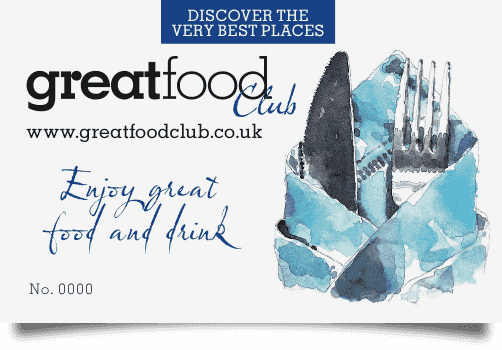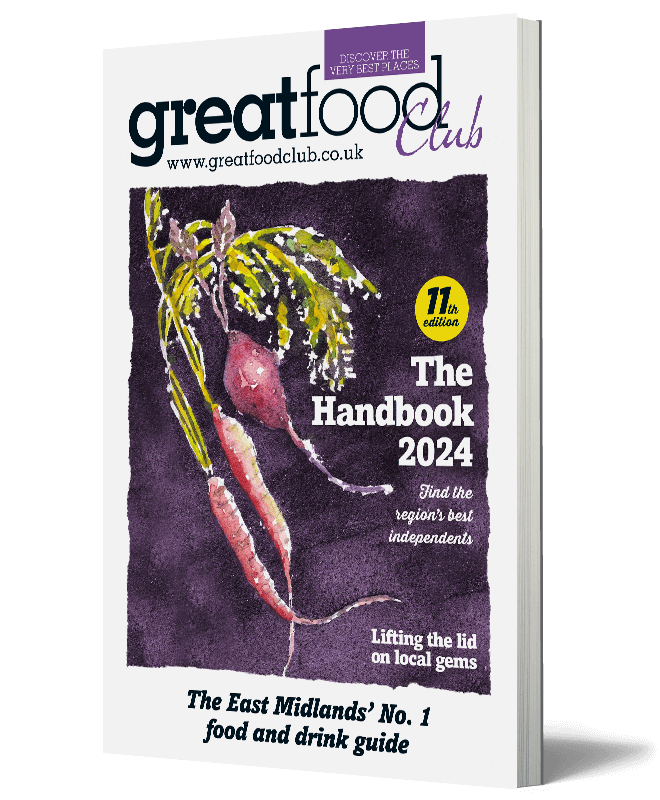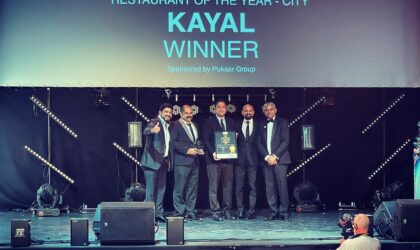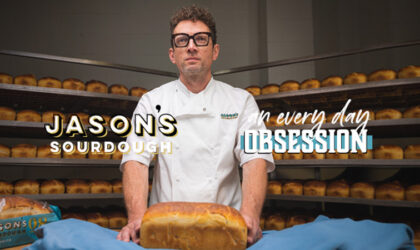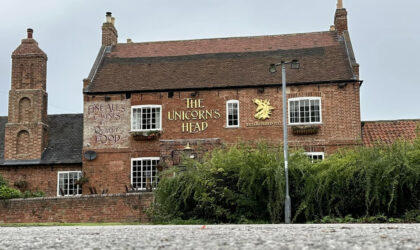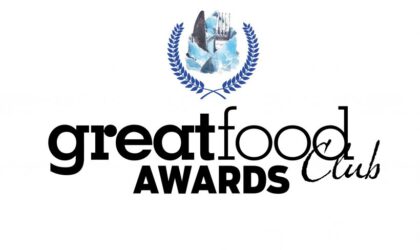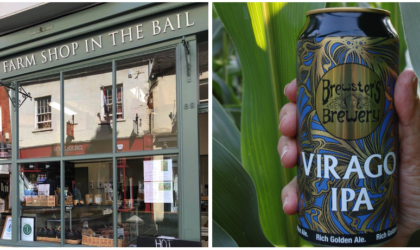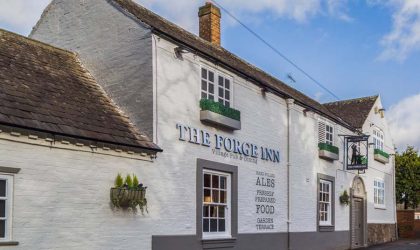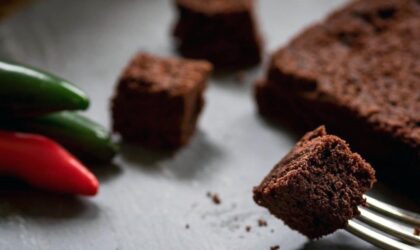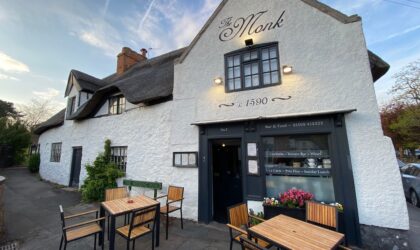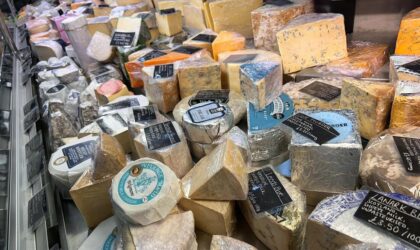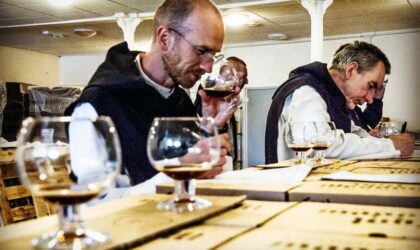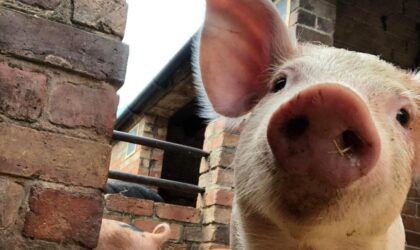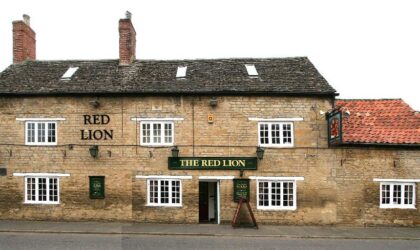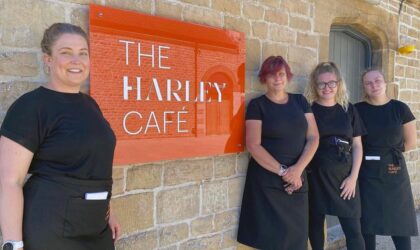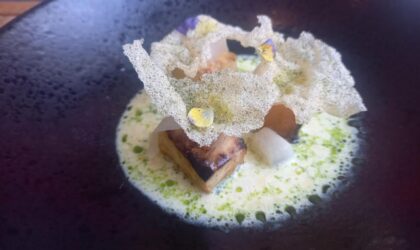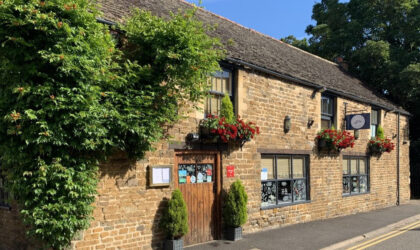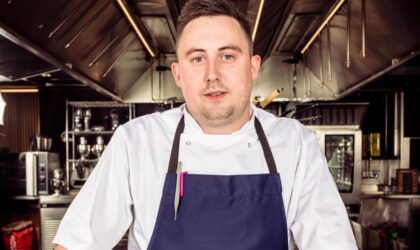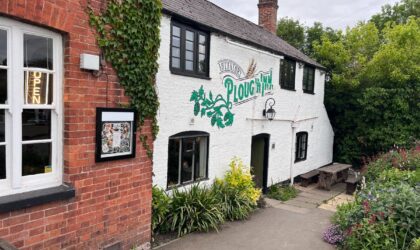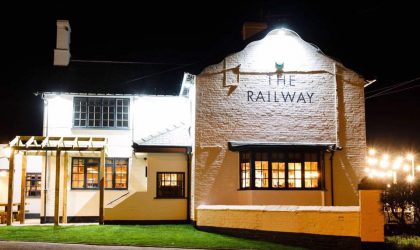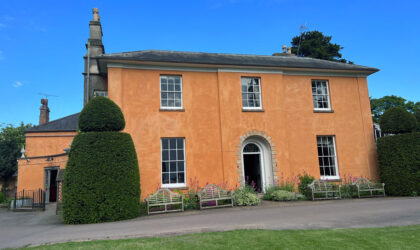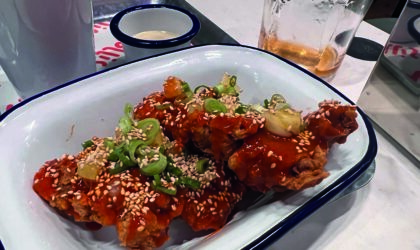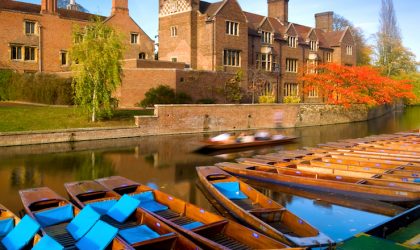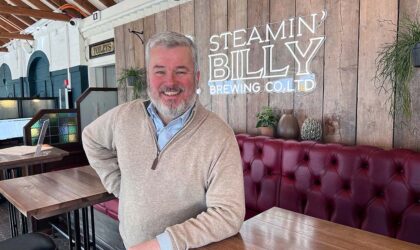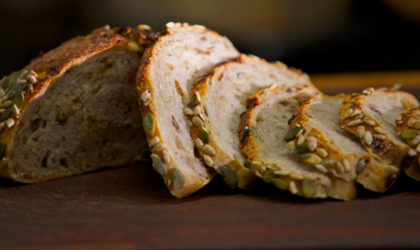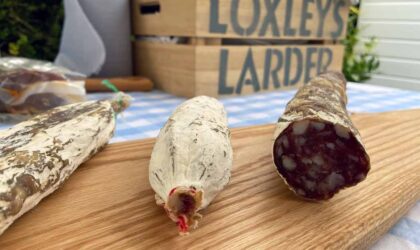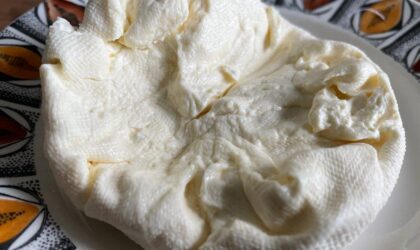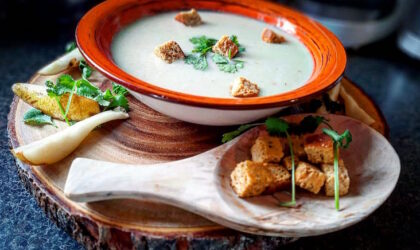What Melton Mowbray and other ‘food towns’ can learn from North Brabant in the Netherlands
It should come as no surprise that Great Food Club’s HQ is Melton Mowbray. This pleasant Leicestershire market town has a rich farming culture and has been well known for pork pie and Stilton cheese for more than 200 years.
In recent years, it has taken this heritage and run with it. Now branded the ‘Rural Capital of Food’, it is home to an expanding series of events that make it synonymous with good food. The British Pie Awards have expanded into the week-long Pie Fest. This is joined by major events celebrating artisan cheese and chocolate, and a leading independent brewery has set up in the town’s vibrant cattle market.
So how far can this all go? By way of example, I recently took part in a study visit to the North Brabant region of The Netherlands. This is another area well known for hospitality, and it is using good food as a key ingredient of well-being for locals and as a major draw for visitors.
North Brabant does not just celebrate aspects of its food culture, like the delightful signature chocolate and cream concoction the BoscheBol, it has taken a root-and-branch approach to building its already-exciting food culture. It has enthusiastically embraced initiatives such as the Dutch Cuisine manifesto. This is based on five key principles. That food should reflect local culture and seasonality, promote health, reflect and celebrate the bio-diversity of nature, be high quality and should leave the Earth in a better state: “Everything the Earth has to offer us is a gift from previous generations, which we have a duty to pass on to the generations of the future,” states the manifesto.
It is not just a vague aspiration. The principles are being taught in colleges and are influencing the next generation of chefs and restaurant staff. On my trip, we were treated to the “Impact Menu” – developed, cooked and presented by students at Koning Willem I College in Den Bosch. With the likes of local Jerusalem artichokes, smoked celeriac with forest mushrooms and apple compote with whey granita, it was consistently tasty and interesting. They worked out that compared to a conventional meal, serving one of their menus saves the carbon from a 12-mile car ride. Serving 100 menus saved the equivalent of five flights from Amsterdam to Paris, while 1,000 saved the equivalent of the average annual electricity consumption of 1.8 two-person households.

But it’s not about guilt-tripping. North Brabant knows how to push the boat out and celebrate. The region has 21 Michelin Stars in an area one third the size of the East Midlands and with half the population. It also loves to create food “hotspots” (a favourite adopted Dutch word). We visited the extraordinary NoordKade (NorthQuay) in the town of Veghel – once the nation’s biggest animal-feed factory and now a major food and cultural destination. It combines the 700-seat Blauwe Kei theatre and a cinema complex, with bars, restaurants and a huge food retail and production area known as Proeffabriek or “taste factory”. Here, there are numerous exciting food stalls and producers, not least Uw Bierspecialist, one of Europe’s great beer retailers stocking some 1500 bottled beers, including the East Midland’s own Trappist ale, Tynt Meadow. There is also a microbrewery, distillery, coffee roasters, a craft bakery and much more.

The surprises keep coming. On the top of the old factory is a Michelin Star restaurant in the shape of The Silly Fox, run by Joppe Sprinkhuizen, the Netherlands’ Chef of the Year 2020. I enjoyed a dazzling meal of balance, creativity and beauty, taking in the likes of sweet, earthy beetroot meringues, intense langoustine broth with cauliflower, eight-hour salt-cured salmon, bao-like dumplings filled with chicken and kimchi, and perfect duck breast with smoked orange sauce.

The Noordkade site was saved through effective public and private partnership and a commitment to sustainably reviving a beautiful but decayed industrial space and letting the whole enterprise grow organically. In addition to Noordkade, the area is home to The Food Waste Factory, using good quality, time-expired food that would otherwise go to waste and making good food for people and animals. Incredibly, it makes 5,000 litres of excellent tomato soup a week just from the end slices cut off by McDonald’s. Over time it hopes to grow and make an impact on the 88m tonnes of food waste produced in Europe every year, which accounts for 20 per cent of all food production and contributes 6 per cent of all greenhouse gases.
The parallels between Veghel and Melton Mowbray are striking – both towns have a population around 30,000 but are within striking distance of major cities Leicester and Nottingham, Eindhoven and Den Bosch. Both are home to a rich agricultural heritage and are using food as a point of difference.
Melton is even also home to a huge – still in use – animal-food facility in the shape of the Mars Petcare factory.
Whether Melton can ever build something on the scale of Veghel and North Brabant remains to be seen – but the Dutch are showing what can be done.
Useful links:
https://www.visitbrabant.com/en/things-to-do/good-food-in-brabant
Dutch Cuisine Manifesto
https://www.chvnoordkade.nl/
A short film about Proeffabriek


